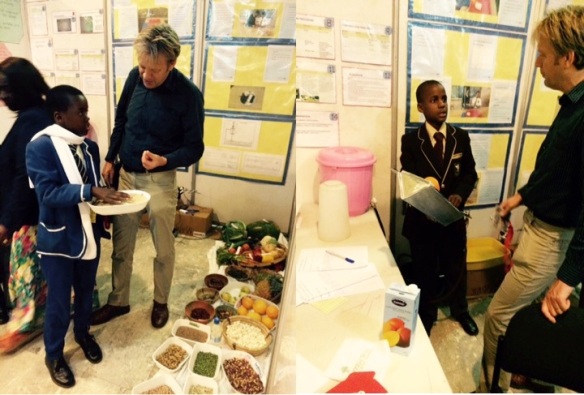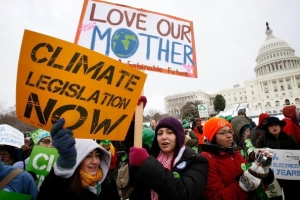When asked by good SWEDESD colleague Shepherd Urenje whether I would accept an invitation to give a keynote at an Education Expo in Zimbabwe on “Growing Socio-economic Opportunity through Quality Education in the 21st Century” I accepted knowing that some excellent people I have worked with over the years are Zimbabweans who are working hard to improve education, learning and People and Planet (Kaleb, Tich Pesanayi, Shepherd, Soul Shava and Mutizwa Mukute). Once I accepted I got a little anxious when the communication about the event was rather limited and I could find little or no information on the Internet… But, two days for my scheduled departure I did receive my ticket to Harare. I was somewhat puzzled by the fact that my keynote was scheduled at 12:00 and my flight was scheduled to land at 12:20… Also, the organizers reserved the whole morning for ‘registration and opening’ without providing any further details. So I made the trip with somewhat tempered expectations. At the airport in Harare I was met by some of the organizers. My first question was – “Has my talk been re-scheduled?” The answer changed my expectation right away: “The President is still giving his opening address. He discarded his prepared written speech and is speaking from the heart”. Apparently the opening was done by President Robert Mugabe… My next question was: “How many participants do you have?” The answer added to my increasing anxiety: “Between 5 and 6 thousand educators, administrators, principals, district heads and some notables including our Ministers of Education, of Women Affairs as well as the Minister of Education from Namibia and the Deputy Minsters of Education from Botswana and South Africa…”
I don’t think I have underestimated and event the way I had done this time… What on Earth was I going to talk about… as the first key note (followed by a Director from Intel Southern Africa who would speak about ICT in Education).
I had 20 minutes to make the point that education is not there to only serve the economy, but also people and planet, that ICTs can be helpful but can be a distraction from the things that really matter as well (I had to be diplomatic knowing the Intel-keynote was after me), and that we need to dare to ground teaching and learning in real issues that cannot be captured by the traditional subjects but demand a more holistic and localised approach. I also was able to squeeze in that the persistent emphasis on testing kids, measuring performance and ranking schools, teachers and pupils, can kill deeper learning.
I quickly learnt in the discussion afterwards that ICT is more ‘ sexy’ than sustainability and that Education for Sustainability does not resonate among most of the audience members (I should point out that most participants had left by the time the keynotes started, as had Mugabe who had to go to parliament that afternoon to open the new session (what energy for a 91 year-old…). What does resonate is: relevance, quality education, teacher’s professional development, and using ICTs but also empowering learners to make change. Very little about climate change, food and nutrition security, agriculture, biodiversity, inequity, poverty reduction. In fact it was Robert Mugabe who came closest of all speakers… Here’s an excerpt from the newspaper article covering his speech:
The other, even more encouraging sign that there is a transformation in education going on – in the margins – came from one of the many exhibits at the conference (90% of them related to ICTs run by commercial companies). It came from an exhibit by a local Primary school where young pupils ran projects on seed diversity and nutrition. The young man on the left in the picture below was extremely articulate and passionate about this project and had a bigger impact on me than all speakers together (which is not to discredit the speakers, many of them were very interesting). And so was the young man on the right who developed a self-refilling drinking water supply mechanism for animals using the same float ball mechanism as used in toilets to regulate water.

On the left: On the left: Muziwandile Moyo, Grade 7, Senzangakhona Primary School. On the right: Zivanda Moyo, Form 1 (first grade in secondary education, Pumula High School.
All in all this was a remarkable experience that I will need to reflect on some more for sure.
Let me end this post with the latest publication by PhD student Joana Ameyaw from Ghana who works on ‘responsive curriculum development’ for creating a more sustainable forestry sector. She shows in her work that these new, grounded and interactive forms of curriculum development are not only possible, they are happening!
Her paper was published recently in Forestry and Economics and is titled: “Challenges to responsible forest governance in Ghana and its implications for professional education” Here you can find the AmeyawArtsWals(1) paper for personal use.



